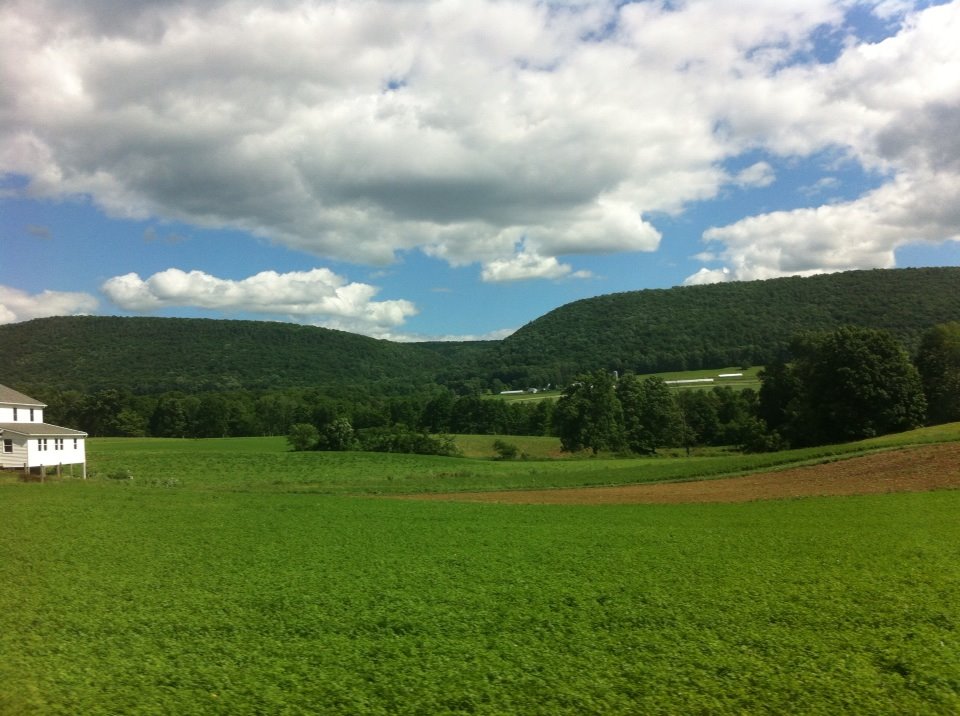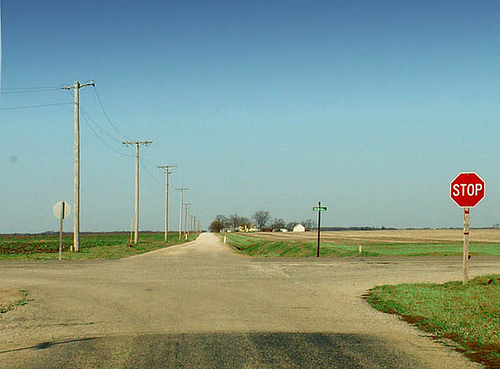Welcome to Spark My Muse
and to SOUL SCHOOL.
• Soul School “lessons” are released each Wednesday (aka “Hump Day” aka Midweek).
• On FRIDAYS I feature guests and on a variety of topics!
FUNDING:
Today is a great day to help the show. I need YOU.
Listeners, like you, give in support to defray the cost so the show can stay alive and well. Thank you for giving.

What can you give $5, $10, or $20?
It takes just a few seconds.
AUDIO PLAYER:
Podcast: Play in new window | Download (Duration: 20:41 — 28.4MB) | Embed
Subscribe to Spark My Muse Apple Podcasts | Spotify | Email | TuneIn | RSS | Subscribe to Spark My Muse
HEAR the OTHER parts in the series:
SHOW NOTES:
Today is a continuation of the series on Wisdom text. Start at Lesson 50, if you are new to the series.
• If you want to read Ecclesiastes, try this link (This is NOT the translation I am reading on the program.)
Thank you for listening!
Listen to some recent episodes:
Pick an option that is right for you:





